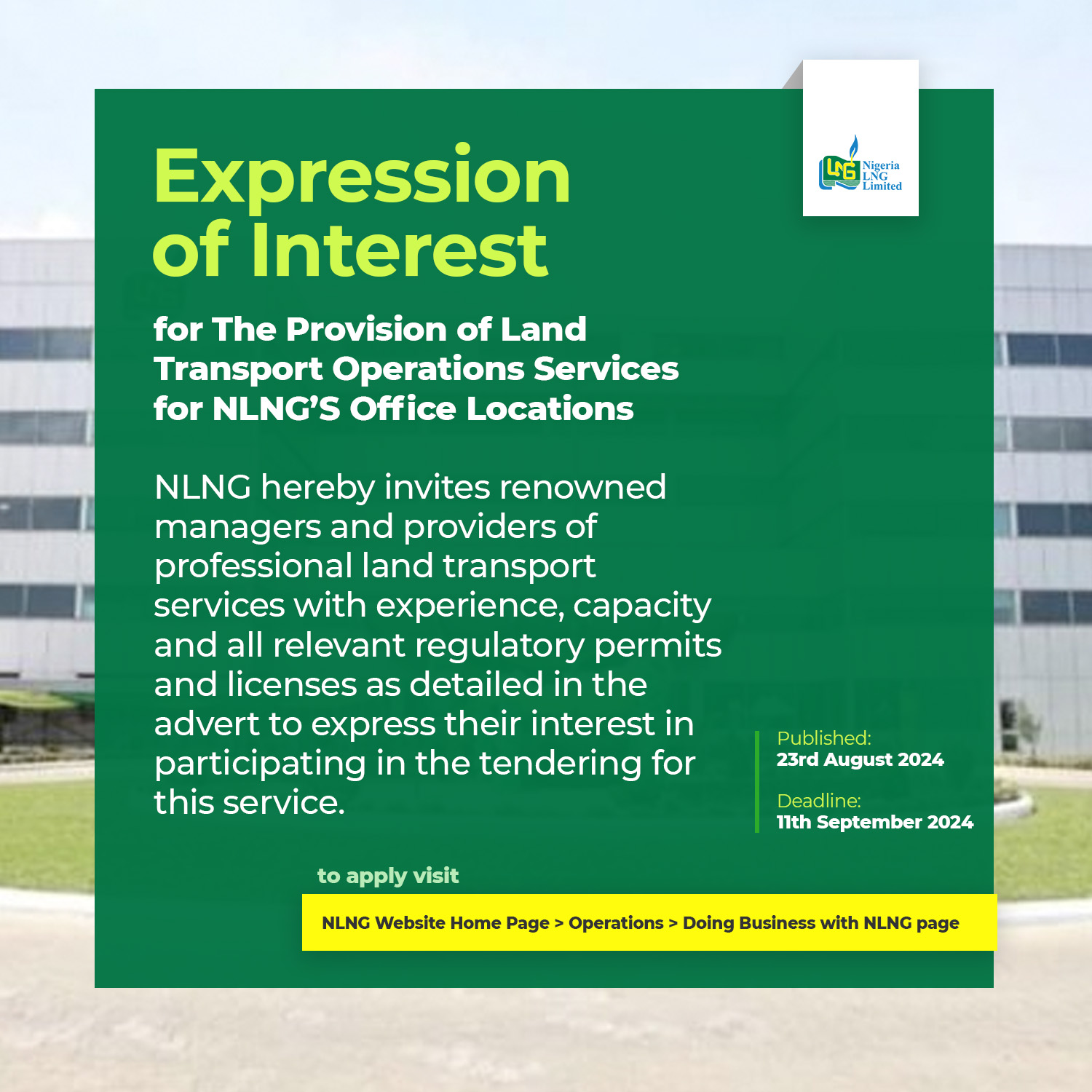Nigeria’s inflation rate drops to 11.08 per cent in July 2019 …As LCCI raises concerns over rising food inflation

Nigeria’s general inflation rate has dropped to 11.08 per cent year-on-year in July 2019, the National Bureau of Statistics NBS has said.
Figures on the country’s Consumer Price Index CPI and Inflation Report for July 2019, released by the NBS in Abuja Friday, August 16, show a marginal reduction of 0.14 per cent when compared to the 11.22 per cent rate recorded in June 2019.
Meanwhile, the Lagos Chamber of Commerce and Industry LCCI has said that there is nothing to cheer as consumer inflation has remained high as increases were recorded in all individual consumption by purpose that yielded the headline index.
The report shows that the composite food index rose by 13.39 per cent in July 2019 compared to 13.56 per cent in June 2019.
The urban inflation rate increased by 11.43 per cent (year-on-year) in July 2019 from 11.61 per cent recorded in June 2019, while the rural inflation rate increased by 10.64% in July 2019 from 10.87 per cent in June 2019.
Other details of the report show that on a month-on-month basis, the headline index increased by 1.01 per cent in July 2019. This is 0.06 per cent rate lower than the rate recorded in June 2019 (1.07 per cent).
The percentage change in the average composite CPI for the 12 months ending July 2019 over the average of the CPI for the previous twelve months period was 11.29 per cent compared to 11.29 per cent recorded in June 2019.
Year-on-year, Kebbi (15.41 per cent), Kano (13.47 per cent) and Zamfara (13.13 per cent) recorded the highest inflation in July 2019 while Cross River (8.87 per cent), Delta (8.76 per cent) and Kwara (7.93 ) per cent recorded the slowest rise in headline inflation.
On month on month basis, Yobe (2.06 per cent), Kano (2.04 per cent) and Taraba (1.84 per cent) recorded highest while Akwa Ibom (0.19 per cent) recorded the slowest rise with Bauchi and Ondo recording price deflation.
Director-General of LCCI, Mr. Muda Yusuf, who spoke on the Arise television interview monitored in Lagos, however said that there is really nothing to cheer about the marginal decline recorded in the inflation rate for July 2019.
He expressed reservations that as long as the inflation remains on double digits, there is truly nothing to cheer, also citing the high level increase of 13.39 in food inflation, which implies that Nigerians still do not have access to food and that the real purchasing power has reduced by 13.39 per cent.
“When you talk about poverty, the major thing is access to food. A Yoruba proverb says that when you remove food from poverty, whatever is remaining can be managed. Government has been doing a lot in terms of food production but we still have a long way to go because lack of access to food is a major driver of poverty”, he said.
He blamed this development on the worsening insecurity in the country, saying that most of the farming communities are now living in Internally Displaced Persons’ IDP camps.
Other factors, according to him include the absence of mechanised farming, as local implements are still used, the seasonal mode of farming in the country, which is at primary level, as 80-90 per cent of farming is by traditional implement, lack of access to land, the issue of transportation etc.
He warned that there is need to worry as long as the country has this high level of lack of access to food, which might continue to impinge on the country’s desire to achieve social stability.






Leave a Reply